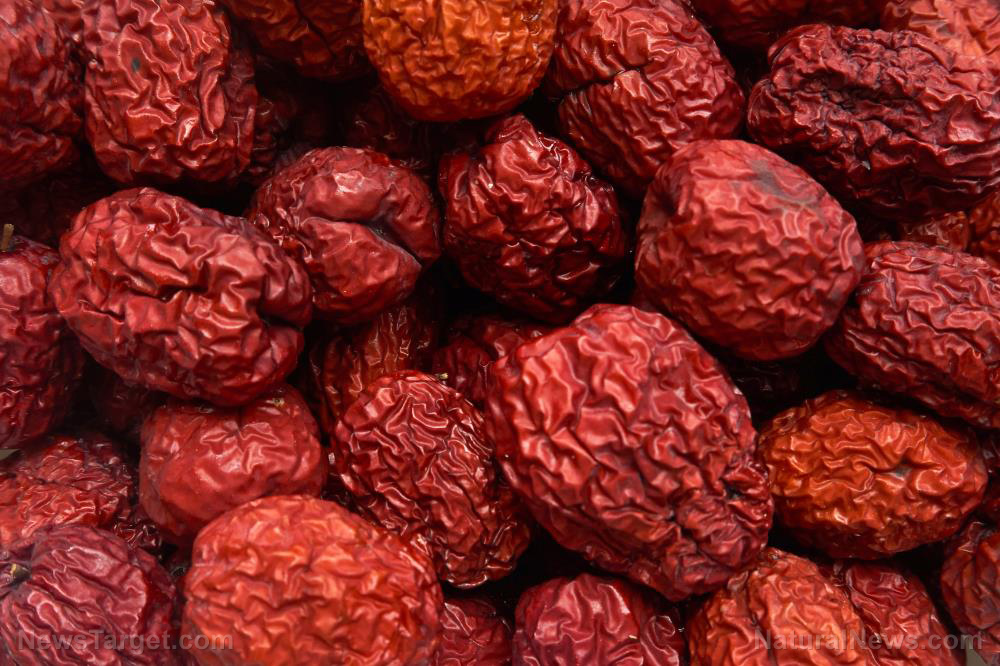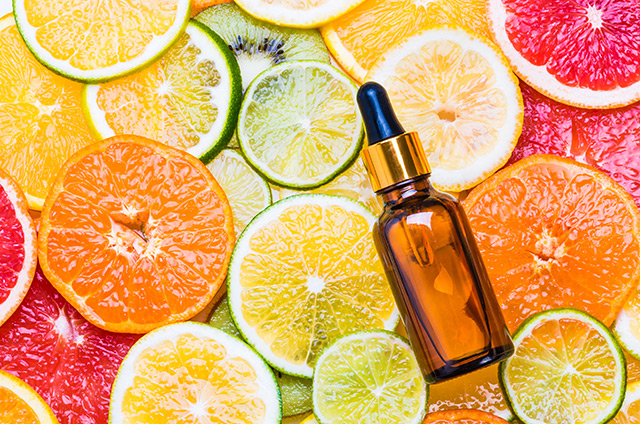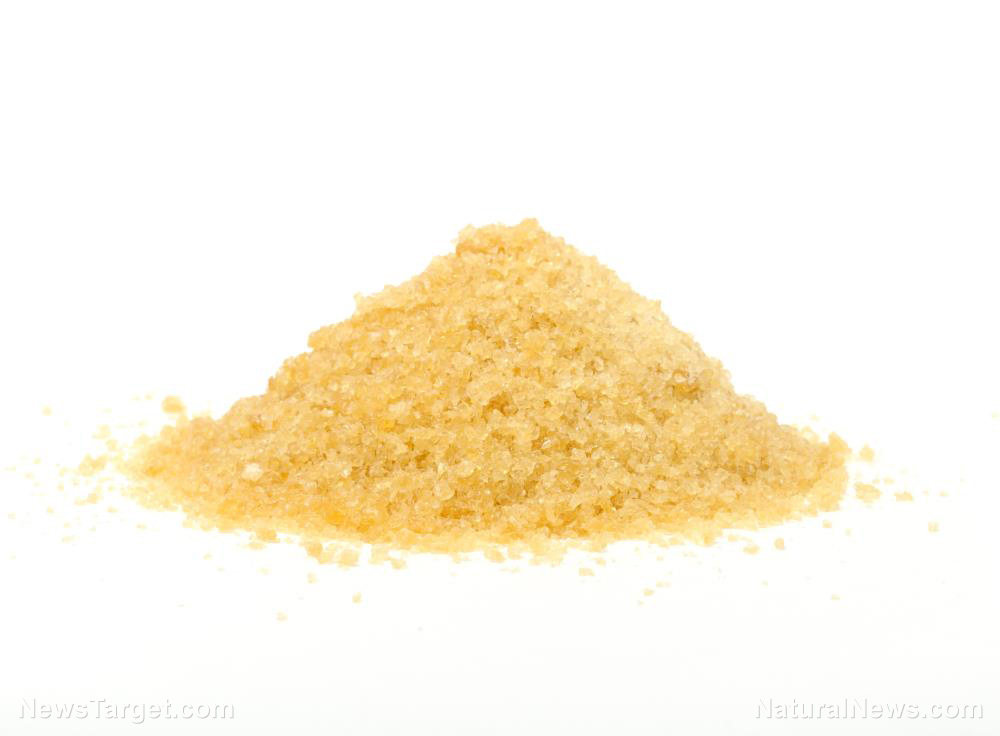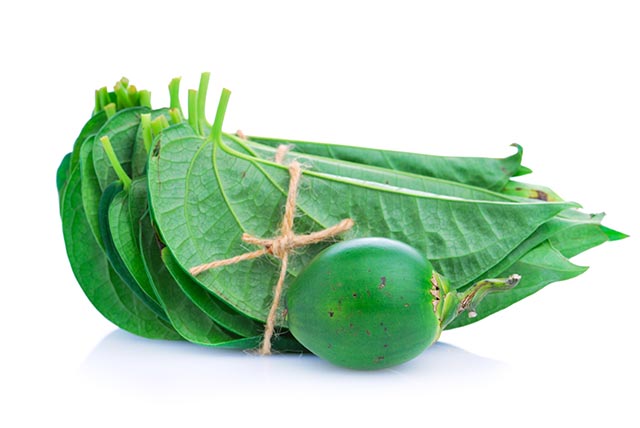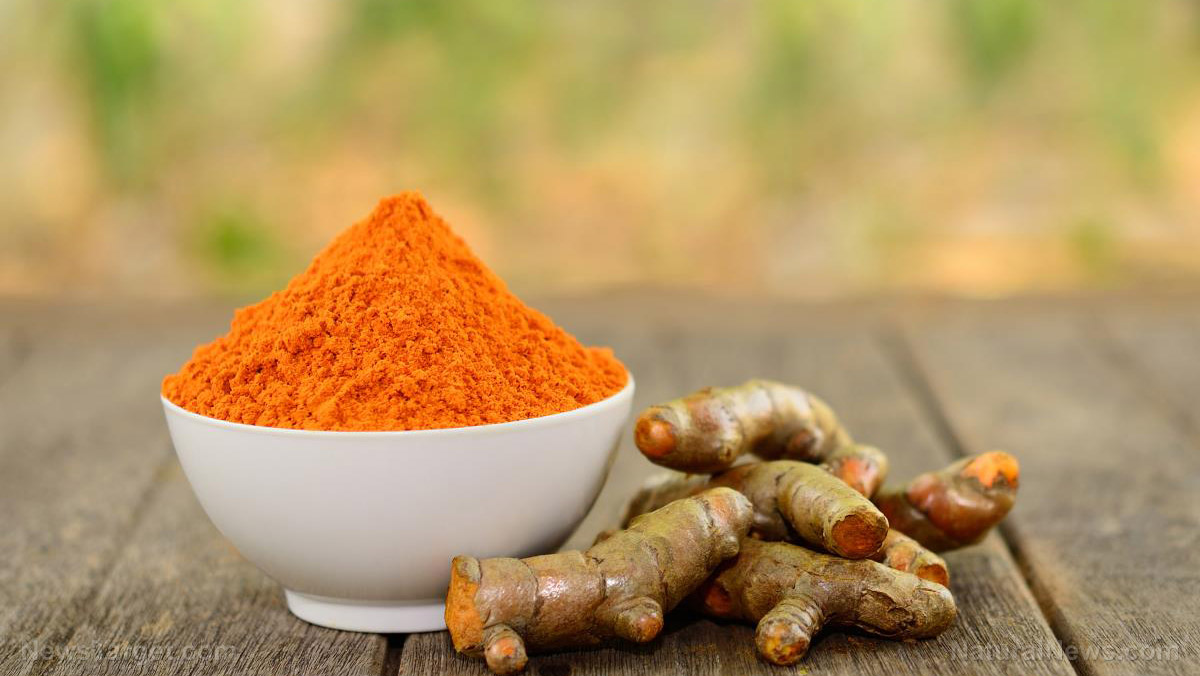Why coconut oil should be a part of your survival stockpile
01/06/2019 / By Zoey Sky

Coconut oil is a staple in any prepper’s pantry. Aside from being a shelf stable product, coconut oil is a nutritious substitute for cooking oil. Additionally, coconut oil has various survival uses. (h/t to TheOrganicPrepper.com.)
There are many different types of coconut oil, and two of them include refined or unrefined coconut oil.
Refined coconut oil is separated by heat. This type of oil, which is more heat-stable, can be used for cooking methods like frying. Refined coconut is flavorless and odorless. Refined coconut oil’s shelf life may vary from 18 months to 2 years. Refined coconut oil may lose some of its nutritional benefits, depending on the refining process used.
- Expeller pressing – Expeller pressing is the traditional method of extracting coconut oil. This method doesn’t use chemicals and the oil is extracted by a machine that physically presses out the oil. The oil is then deodorized by distilling it with steam. When buying refined oil, look for “expeller pressed” on the label.
- Refining bleaching deodorizing (RBD) – The RBD process may use toxic chemical solvents (like hexane) to extract the oil.
Unrefined coconut oil is also called virgin or extra-virgin coconut oil. This type of oil has the light scent and flavor of coconut, but these can diminish when used in cooking. This type of coconut oil contains the most nutritional benefits, and its shelf life can range from two to five years to “indefinite.”
The health benefits of coconut oil
Coconut oil contains “healthy” saturated fats that you need in your diet. Saturated fats can promote fat burning, and they can also provide both the brain and body with “quick energy.” These kinds of fat can help increase the high-density lipoprotein (HDL) cholesterol in your blood, and this can lower heart disease risk. (Related: Basic nutrition for survival: 10 food items to keep in your emergency cache.)
The power of the elements: Discover Colloidal Silver Mouthwash with quality, natural ingredients like Sangre de Drago sap, black walnut hulls, menthol crystals and more. Zero artificial sweeteners, colors or alcohol. Learn more at the Health Ranger Store and help support this news site.
Coconut oil is made up of 50 percent lauric acid, an essential fatty acid. The only other natural and rich source of lauric acid is human breast milk. Once consumed, the human body turns lauric acid into monolaurin that has antifungal, antimicrobial, antiprotozoal, and antiviral properties. In short, lauric acid can significantly boost your immunity.
Below are some of the many science-backed health benefits of coconut oil, as compiled by the Coconut Research Center:
- It doesn’t form harmful by-products when heated to normal cooking temperature, unlike other vegetable oils.
- It eliminates viruses that cause AIDS, hepatitis C, herpes, influenza, measles, SARS, and other illnesses.
- It expels or kills lice, giardia, tapeworms, and other parasites.
- It helps control dandruff.
- It improves the digestion and absorption of other nutrients like amino acids, minerals, and vitamins.
- It kills bacteria that cause gum disease and cavities, gonorrhea, pneumonia, throat infections, ulcers, urinary tract infections (UTI), and other diseases.
- It kills fungi and yeasts that cause athlete’s foot, candidiasis, diaper rash, ringworm, thrush, and other infections.
- It promotes healthy-looking complexion and hair.
- It supports the natural chemical balance of the skin.
- It’s a nutritional source of quick energy.
Coconut oil is non-toxic to humans, compared to other Big Pharma products.
Storing coconut oil
Coconut oil has a melting point of 76 degrees Fahrenheit (24 Celcius). When stored above that temperature it will turn into a liquid, and below it will turn the oil into a solid. Turning into a liquid won’t damage coconut oil in any way.
You can extend the shelf life of coconut oil by storing it in a cool, dark place, but if you store it in the refrigerator it will turn hard. Soften solidified coconut by placing the sealed jar in a pan of hot water.
If you buy a large quantity of coconut oil, such as a one- to five-gallon bucket, use a dry and sterilized spoon or scoop to get enough oil for regular use.
Using coconut oil in the kitchen
To get the best results, raise or lower the temperature of coconut oil to reach the consistency of the item you are replacing. If you’re baking and the recipe needs shortening, briefly chill the coconut oil until it turns firm. When replacing cooking oil, melt the coconut oil until it liquefies.
You can replace the following with coconut oil:
- Butter (use 25 percent less coconut oil than the amount of butter required)
- Lard
- Shortening
- Vegetable oil (For cooking or salad dressings)
Coconut oil is also a safe alternative to cosmetic products with harmful ingredients like parabens and petroleum products. The oil is also safe enough to use with children, who have extremely sensitive skin.
Aside from cooking, coconut oil can be used as:
- Aftershave
- Body lotion
- Deep hair conditioner
- Facial moisturizer
- A healthy fat supplement for aging pets, such as dogs
- Lip balm
- Make-up remover
- Moisturizing body wash
- Remedy skin conditions (E.g., Acne, athlete’s foot, cradle cap, diaper rash, eczema, psoriasis, and rosacea)
- Remedy for insect bites, minor burns, and skin rashes
- Sunscreen
- Toothpaste (Mix with baking soda.)
- Treatment for minor cuts and abrasion
With coconut oil, you can utilize the limited storage space in your survival stockpile to make room for other items that you may need to stock up on before SHTF.
You can read more articles about coconut oil and other useful items FoodSupply.news.
Sources include:
Tagged Under: coconut oil, Collapse, disaster, emergencies, emergency preparedness, Food storage, food supply, off grid, preparedness, preparedness and survival, prepper, prepping, prepping tips, self sufficiency, self-reliance, self-sustainability, SHTF, survival, survival food, survival gear, survival stockpile, survival supplies, Survival Tips, survivalist




